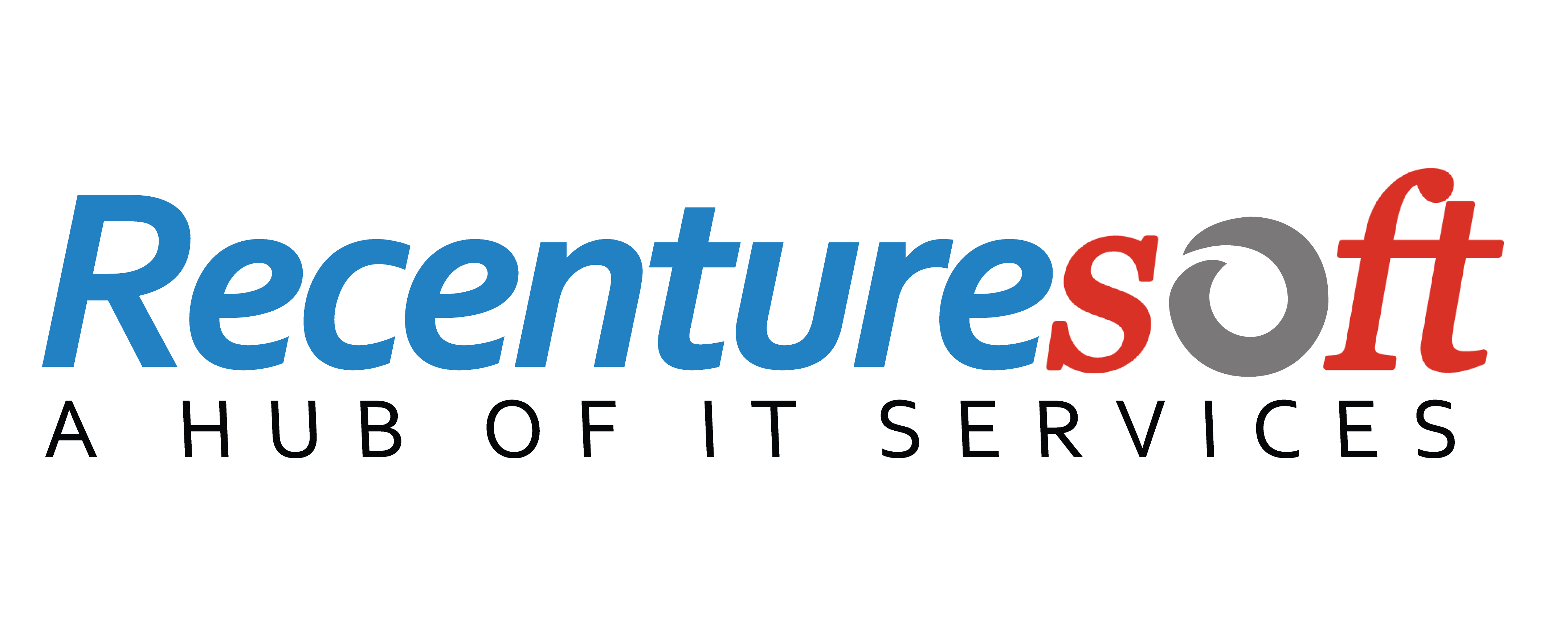JavaScript is a free and open-source programming language for developing web-based apps. It is understood and compact, making it much quicker than other language groups. It is also incorporated with HTML, making it simpler to use in web-based applications.
History of JavaScript
Brendan Eich, a coder, conceived the idea for a new programming language in 1995, during the browser wars among Netscape Navigator and Internet Explorer. What's more amazing is that he completed it within about 10 days! It was originally known as Mocha, afterwards LiveScript, and eventually JavaScript.
While the title suggests a correlation between Java and JavaScript, the two languages have very little in common. Java was very big at the moment, and Netscape made a licensing deal with Sun to cash in on the hype. In retrospect, this decision turned out to be a good one.
How it evolved
After a considerable amount of time, the language was uploaded to ECMA International for standardization. Because various competing web pages can generate multiple engines for analyzing JavaScript, it's critical to have benchmarks for a language like JavaScript. As a result, a common language is required for all of these engines.
The JavaScript specification is known as ECMAScript or ES for short. Ever since, JavaScript has evolved alongside the web, as well as several resources list as one of the best programming languages at the time of writing.
What should you understand about the JavaScript language?
JavaScript is a programming language for creating and managing dynamic websites, or anything which flows on your display without refreshing your browser. It could be anything starting from animated visuals to a Facebook timeline that is automatically created.
It is a beginner-friendly programming language that is versatile. If someone starts learning JavaScript they will be capable of making games, engaging 2D and 3D graphics, database-driven web applications, and far more on gaining experience. JavaScript is a small but powerful scripting language.
Where can you use JavaScript?
With structures like Node.js as well as Deno, JavaScript can now be used as a server-side language. This implies individuals can write their entire website in JavaScript, including the server and user-facing components.
What is the purpose of JavaScript?
JavaScript is a vital programming language for students and software developers interested in web development.
Are you curious to know why? Here's the solution
Since JavaScript seems to be the most widely used programming language in the world, it is often used for web development. Once you've mastered JavaScript, there are a plethora of structures you can use to build web applications.
What does it have for new developers?
JavaScript provides a great deal of adaptability. You can easily generate visually gorgeous and quick web apps with a wide range of customization options to give users the most pertinent graphical interface possible.
Where is it used
The language is used in the development of web applications, desktop apps, and video games. As a Javascript programmer, this opens up a lot of opportunities.
Due to the growing market in the industry, those who understand JavaScript have a lot of employment opportunities and can earn a lot of money.
Advantages of JavaScript
Dynamic typing
It's very useful when it comes to building prototypes quickly, but because of the type of security and visibility it offers, static typing is more useful in large-scale initiatives.
Accessibility
JavaScript has a long history and a wealth of tutorials, tools for support, as well as other community programs. Furthermore, dynamic typing helps the user to get started on projects as quickly and efficiently as possible.
Popularity
Since JavaScript is so prominent, finding the necessary equipment and library resources for your project is much convenient, which increases developer productivity. When you can avoid it, no one wants to spend time composing additional functionality.
Disadvantages of JavaScript
Minor Performance Glitches
For performance-critical activities where you'd rather use a low-level language like C, JavaScript is a bad choice. The majority of web apps and pages, thankfully, do not fall in that category.
JavaScript isn't a type-safe language
A dependable type system can eliminate a lot of the errors that JS devs run into. Luckily, various tools such as linters exist to assist developers in avoiding them, and incorporating static types is as simple as switching to TypeScript, which is a statically-typed variant of JS.
Future of JavaScript in the Industry
All in all, JavaScript appears to have a promising future. It has one of the largest global natural systems, which is constantly enhanced by new tools and approaches. It is also evident that it will not go away because it is the only language of programming that performs on the web.
However, there are signs that JavaScript is now becoming even more of a compile goal. Whilst also there are many aspirational initiatives and JavaScript options in the works, it is unclear whether they will be feasible enough for widespread adaption. Meanwhile, JavaScript is a popular programming language used by web developers all over the globe.







